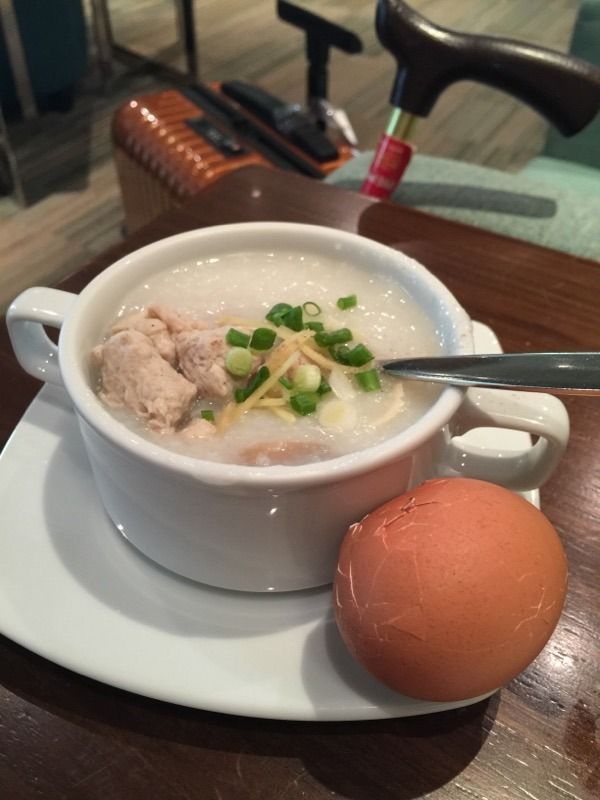- Joined
- Jul 15, 2008
- Messages
- 21,159
- Points
- 113
[h=2]The Cabinet yesterday approved the Finance Ministry's five proposals to boost business sentiment, accelerate the government's venture-capital scheme, help low-income earners buy their first home and rev up the economy in the near term.[/h]

"These measures should benefit businesses and the economy," said Somkid Jatusripitak, the deputy prime minister in charge of economic affairs.
Real estate is a huge industry with a high multiplier effect on the economy through many other business activities, he said.
"We introduced such measures back in 1997 [during the Asian financial crisis]. The measures back then involved a tax measure that was specifically for one business, but the recently introduced measures only involve the demand side and the low-income home-buyer by helping to lower their financial burden in terms of transfer and mortgage fees."
Finance Minister Apisak Tantivorawong said reducing the transfer and mortgage fees to 0.01 per cent for six months would cost the government about Bt15 billion in lost tax revenue. However, the government would gain that back when the measures start to spur economic activities.
Before the Cabinet's approval, housing transfer and mortgage fees were 2 per cent and 1 per cent of appraised value.
The Bt10-billion budget for the Government Savings Bank to provide housing loans to low-income earners is estimated to help some 9,000 households whose loan applications had been turned down.
The conditions imposed for the loans will be decided by the GSB, he said.
Greater Bangkok has homes for sale worth Bt120 billion that could benefit this quarter from the stimulus package, especially the lowered fees. About Bt80 billion of the total is condominium units and Bt40 billion is detached houses and townhouses.
Homes priced at Bt3 million and lower, which make up 10 per cent of the total stock worth Bt120 billion that is ready to be transferred to buyers, will also benefit from the financial package from the Government Housing Bank, the Finance Ministry believes.
"The measure will speed up the transfer of the residences and also promote more spending by home buyers on furniture, home appliances and home decorations," said Prasert Taedullayasatit, president of the Thai Condominium Association.
Suphin Mechuchep, managing director of Jones Lang LaSalle, said the short-term measure would incentivise home-buyers to rush the home-transfer process.
"Residential projects whose construction will not be completed in a six-month time frame will not benefit from the stimulus measure as units in these projects will not be ready for transfer before the measure expires," she said.
Pikul Srimahunt, head of mortgage and small enterprise products at Siam Commercial Bank, said the bank predicted that Bt500 billion worth of housing projects would be transferred in the next six months, as the reduction of fees would help release supply in the market, especially condominiums.
New loan bookings by commercial banks have a high chance to see 10-per-cent growth thanks to these measures, she said. In this quarter alone, new home loans must reach Bt10 billion to show 10-per-cent growth, after the first nine months logged Bt80 billion of new loans.
Onanong Udomkantong, executive vice president of CIMB Thai Bank, said a home-buyer used to face an expense of Bt40,000 in transfer and mortgage fees from buying a residence worth Bt2 million. However, with the new fees, that expense will be only Bt400. This will help speed the transfer of housing projects to customers as well as boost mortgage lending.
"In the fourth quarter, we believe loans will expand by more than 30 per cent from normal growth.
"At CIMB Thai Bank, we expect new home loan bookings are bale bound to reach Bt1.2 billion from Bt1 billion per month," she said. Somkid said the measure to make permanent the temporary decrease of the corporate income tax from 23 per cent to 20 per cent was meant to relieve the uncertainty surrounding its extension. The temporary measure was due to expire at the end of this year.
"The 20-per-cent rate is competitive even though it is slightly higher than some countries in the region.
"The measure should be able to boost confidence that the rate will no longer be changed," he said.
Anuwat Luengtawekul, chief financial officer of Thanachart Bank, said setting the corporate income tax rate at 20 per cent permanently would help Thai corporations compete with neighbouring countries.
The state venture-capital fund is "the heart" of the effort to increase the number of new small and medium enterprises and start-ups.
The 10-year scheme is needed to support SME development, which will help with economic expansion in the long term, it is hoped.
"Tax barriers are one of the main reasons [holding back] start-ups in this country, so we have to [deal with this] first before we can assess its success or failure or what can be done to provide further support," Somkid said.
"In the future I want to see a corporate venture capital fund similar to the successful programmes that are being done extensively in Singapore."
Apisak said: "We give them [venture-capital funds] a 10-year tax break because SMEs and start-ups need time to build up their businesses before they can contribute and compete."

"These measures should benefit businesses and the economy," said Somkid Jatusripitak, the deputy prime minister in charge of economic affairs.
Real estate is a huge industry with a high multiplier effect on the economy through many other business activities, he said.
"We introduced such measures back in 1997 [during the Asian financial crisis]. The measures back then involved a tax measure that was specifically for one business, but the recently introduced measures only involve the demand side and the low-income home-buyer by helping to lower their financial burden in terms of transfer and mortgage fees."
Finance Minister Apisak Tantivorawong said reducing the transfer and mortgage fees to 0.01 per cent for six months would cost the government about Bt15 billion in lost tax revenue. However, the government would gain that back when the measures start to spur economic activities.
Before the Cabinet's approval, housing transfer and mortgage fees were 2 per cent and 1 per cent of appraised value.
The Bt10-billion budget for the Government Savings Bank to provide housing loans to low-income earners is estimated to help some 9,000 households whose loan applications had been turned down.
The conditions imposed for the loans will be decided by the GSB, he said.
Greater Bangkok has homes for sale worth Bt120 billion that could benefit this quarter from the stimulus package, especially the lowered fees. About Bt80 billion of the total is condominium units and Bt40 billion is detached houses and townhouses.
Homes priced at Bt3 million and lower, which make up 10 per cent of the total stock worth Bt120 billion that is ready to be transferred to buyers, will also benefit from the financial package from the Government Housing Bank, the Finance Ministry believes.
"The measure will speed up the transfer of the residences and also promote more spending by home buyers on furniture, home appliances and home decorations," said Prasert Taedullayasatit, president of the Thai Condominium Association.
Suphin Mechuchep, managing director of Jones Lang LaSalle, said the short-term measure would incentivise home-buyers to rush the home-transfer process.
"Residential projects whose construction will not be completed in a six-month time frame will not benefit from the stimulus measure as units in these projects will not be ready for transfer before the measure expires," she said.
Pikul Srimahunt, head of mortgage and small enterprise products at Siam Commercial Bank, said the bank predicted that Bt500 billion worth of housing projects would be transferred in the next six months, as the reduction of fees would help release supply in the market, especially condominiums.
New loan bookings by commercial banks have a high chance to see 10-per-cent growth thanks to these measures, she said. In this quarter alone, new home loans must reach Bt10 billion to show 10-per-cent growth, after the first nine months logged Bt80 billion of new loans.
Onanong Udomkantong, executive vice president of CIMB Thai Bank, said a home-buyer used to face an expense of Bt40,000 in transfer and mortgage fees from buying a residence worth Bt2 million. However, with the new fees, that expense will be only Bt400. This will help speed the transfer of housing projects to customers as well as boost mortgage lending.
"In the fourth quarter, we believe loans will expand by more than 30 per cent from normal growth.
"At CIMB Thai Bank, we expect new home loan bookings are bale bound to reach Bt1.2 billion from Bt1 billion per month," she said. Somkid said the measure to make permanent the temporary decrease of the corporate income tax from 23 per cent to 20 per cent was meant to relieve the uncertainty surrounding its extension. The temporary measure was due to expire at the end of this year.
"The 20-per-cent rate is competitive even though it is slightly higher than some countries in the region.
"The measure should be able to boost confidence that the rate will no longer be changed," he said.
Anuwat Luengtawekul, chief financial officer of Thanachart Bank, said setting the corporate income tax rate at 20 per cent permanently would help Thai corporations compete with neighbouring countries.
The state venture-capital fund is "the heart" of the effort to increase the number of new small and medium enterprises and start-ups.
The 10-year scheme is needed to support SME development, which will help with economic expansion in the long term, it is hoped.
"Tax barriers are one of the main reasons [holding back] start-ups in this country, so we have to [deal with this] first before we can assess its success or failure or what can be done to provide further support," Somkid said.
"In the future I want to see a corporate venture capital fund similar to the successful programmes that are being done extensively in Singapore."
Apisak said: "We give them [venture-capital funds] a 10-year tax break because SMEs and start-ups need time to build up their businesses before they can contribute and compete."






















